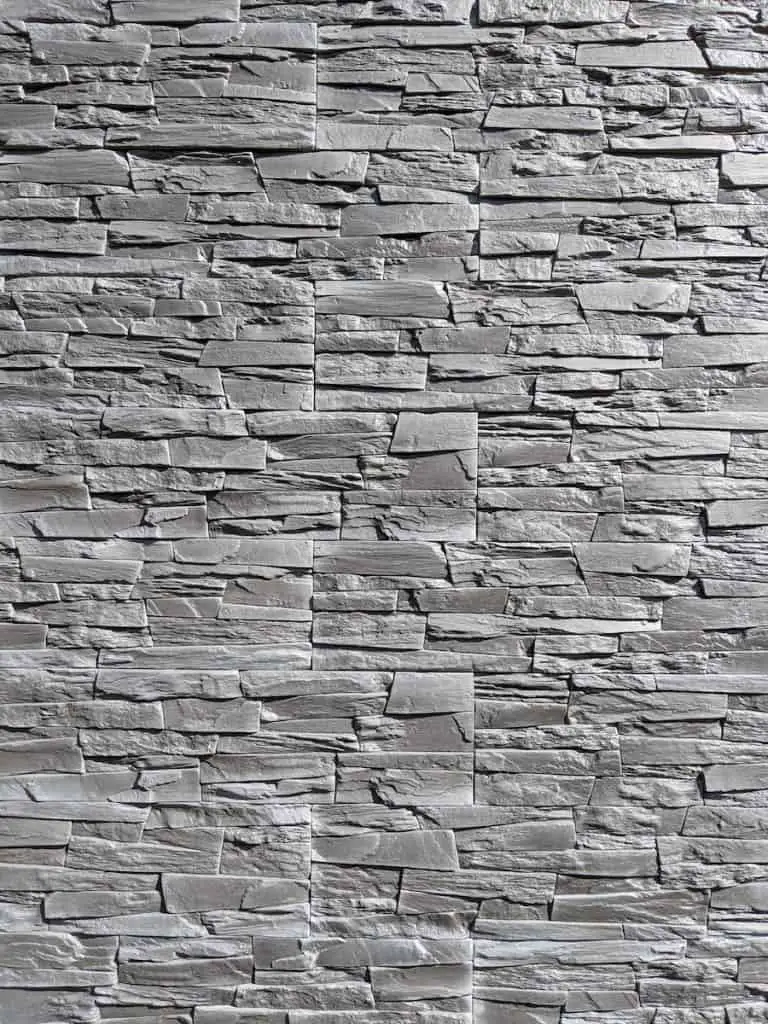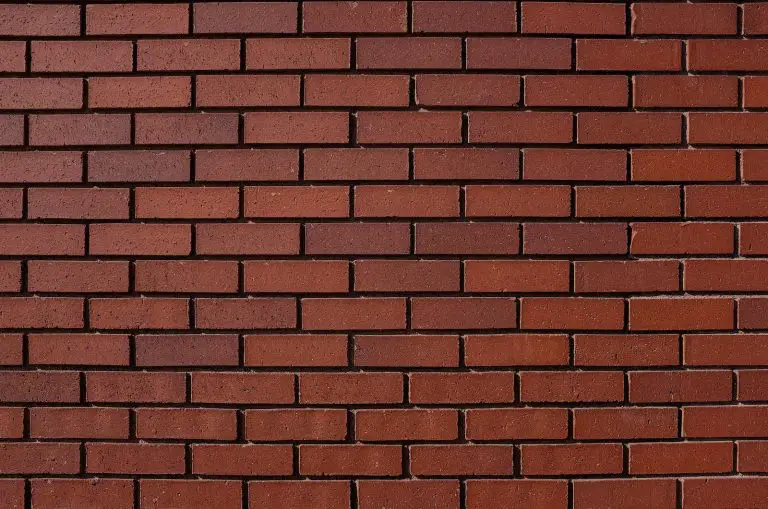Want to know how to reduce highway noise in backyard? Well, this is for you!
According to a 2003 study by Brown and Bullen, up to 20% of Australian cities’ residences are subjected to traffic noise that is well above the World Health Organization’s recommendations. This percentage has most likely risen due to Australia’s growing population, infrastructure improvements, and residential housing boom.
In addition, the study claims that noise pollution has implications for our mental and physical well-being. These effects include heightened risks of hearing loss, generalized anxiety disorder, stress, disturbed sleeping patterns, and even a shortened lifespan. Therefore, reducing noise levels can have benefits beyond just allowing you to sleep in on Sunday mornings. So, how to reduce highway noise in backyard?
How to Reduce Highway Noise in Backyard?
In order to reduce to know how to reduce highway noise in backyard, you first need to understand both the source and type of noise. With this knowledge, you can determine if you should absorb or deflect the noise. Our guide on acoustic fencing provides in-depth information on Noise Source and Type, but as a general overview:
- The best way to reduce noise from passing cars is by using a road noise barrier.
- If you want to reduce noise from your neighbours or animals, lawnmowers, and music, acoustic fencing is the right solution.
- Acoustic enclosures (typically sound-absorbing) will be ideal for reducing low-frequency noise, such as air-conditioning units or hot water heaters.

How to Reduce Highway Noise in Backyard: Road Noise Barrier
Here are the key factors how to reduce highway noise in backyard:
1. Fence height
To block out traffic noise and prevent it from rolling over the top, noise barriers should be approximately 2m high. A good way to remember this is to think about blocking the line of sight.
You should also ask your city’s planning department about height restrictions if you live in a densely populated area or face any other challenges. If you live in a heavily crowded region or have difficulties with local noise, special permits are required.
2. Density/rigidity
The more sound-dampening material there is in a barrier, the less noise it will absorb. As an example, a highway-adjacent property will need a thicker barrier than a residential street.
3. Full coverage
The top of the wall should be solid and airtight all over, and any gaps at the base or between sections should be closed.
4. Proximity to the sound
The noise wall should be placed as close to the road as possible, acting as a physical barrier between the house and noise. If you live on the high side of the road, you may need a taller wall. Generally, noise moves in straight lines for the first 10m before changing into vertical waves. However, even if the barrier is higher, the fence or wall can still be effective from 20-30m away.
5. Proximity to your backyard
Additionally, the nearer you are to the other side of the noise wall, the more efficiently it will soundproof your area!
6. Deflected noise
Consider that noise may bounce off hard structures like brick walls , so look for pergolas (balconies, in particular), which are higher than the noise wall; sound might bounce back and forth! Ideally, these rooflines should be lower than the noise barrier.
A brand-new duplex needed an acoustic fence to boost privacy and serenity. In this case study, we’ll go over the best barriers to reduce noise in your backyard according to what suits your home’s aesthetic, meets your budget and can be easily maintained.

How To Reduce Traffic Noise In Your Backyard: Two Types of Noise Reduction
We’ll look at the two types of noise reduction methods available to you. How to reduce highway noise in backyard are as follows:
- Sound deflection
- Sound Attenuation
Sound deflection is a process that allows you to bounce sound waves away from you before they have a chance to reach you. Many walls near highways are trying to deflect noise upwards and away from any nearby neighborhoods. You can think of the sound waves like a stream of water; the best way to stay dry is by putting some sort of barrier between you and the water that will redirect it elsewhere before it has a chance to hit you.
Because your solution must be as close to the source of noise as possible, deflecting can be more difficult. Because most people’s backyards are unfortunately near the noise, it will be simpler to discover solutions that absorb the sound.
The most popular technique is to dampen the sound. You’re attempting to absorb the noise with this method called sound attenuation. So, again, consider the stream of water example: you need something in front of you that can absorb the water before it reaches you. Consider it like a rain umbrella that protects you from the rainstorm.
How To Reduce Traffic Noise In Your Backyard- Bottom Line
How to reduce highway noise in backyard? If you’re anything like me, then you cherish your backyard as a place to escape the hustle and bustle of everyday life. However, this can be difficult when outside noise such as traffic or a nearby playground threatens to ruin the peace and quiet. Hence, we explore a few ways to reduce unwanted noise in your backyard so that you can relax in peace.
Is it OK to play music at a high volume in the spring, summer, and fall? We get this question all year long. When the leaves have all fallen from the trees and the acoustics are worse, it’s especially common. The short answer is that you’ll need to use something to separate you from the noise; man-made items like a fence or plants will work. This may be accomplished with both artificial things such as fences and natural ones such as vegetation.


